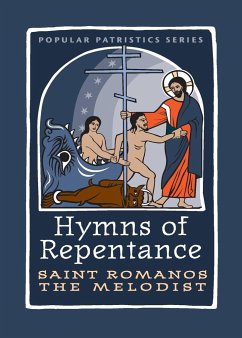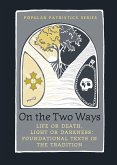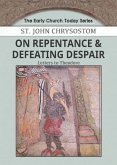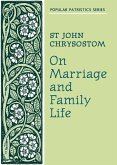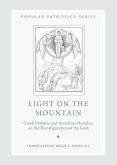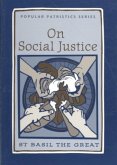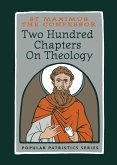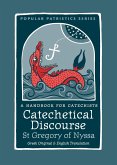St Romanos the Melodist composed many hymns in Constantinople during the reign of Emperor Justinian, an age of political and cultural transformation, when the synthesis of Christian, Roman, and Greek elements gave birth to a new civilization. Romanos straddled the worlds of antiquity and Byzantium, and his hymns are a unique fusion of classical rhetoric, Syriac poetry, and the theology of the Cappadocian Fathers. Scripture comes to life in his hymns, inviting the faithful to encounter biblical events in their own liturgical experience, where the human-divine encounter was enriched with sacred music and holy ritual, amplifying moments of desire, sadness, and joy. This volume brings together for the first time a selection of Romanos' hymns about repentance, featuring the original Greek opposite a new and accurate English translation. These hymns, which were sung in church during the Lenten journey to Pascha, explore the story of the prodigal son, the crucifixion of Christ, and other important themes, evoking compunction and its purifying power, and praying to God for his great and abundant mercy. The hymns are meant to bring us into the reality of the sacred narrative and to make us the protagonists.
Hinweis: Dieser Artikel kann nur an eine deutsche Lieferadresse ausgeliefert werden.
Hinweis: Dieser Artikel kann nur an eine deutsche Lieferadresse ausgeliefert werden.

